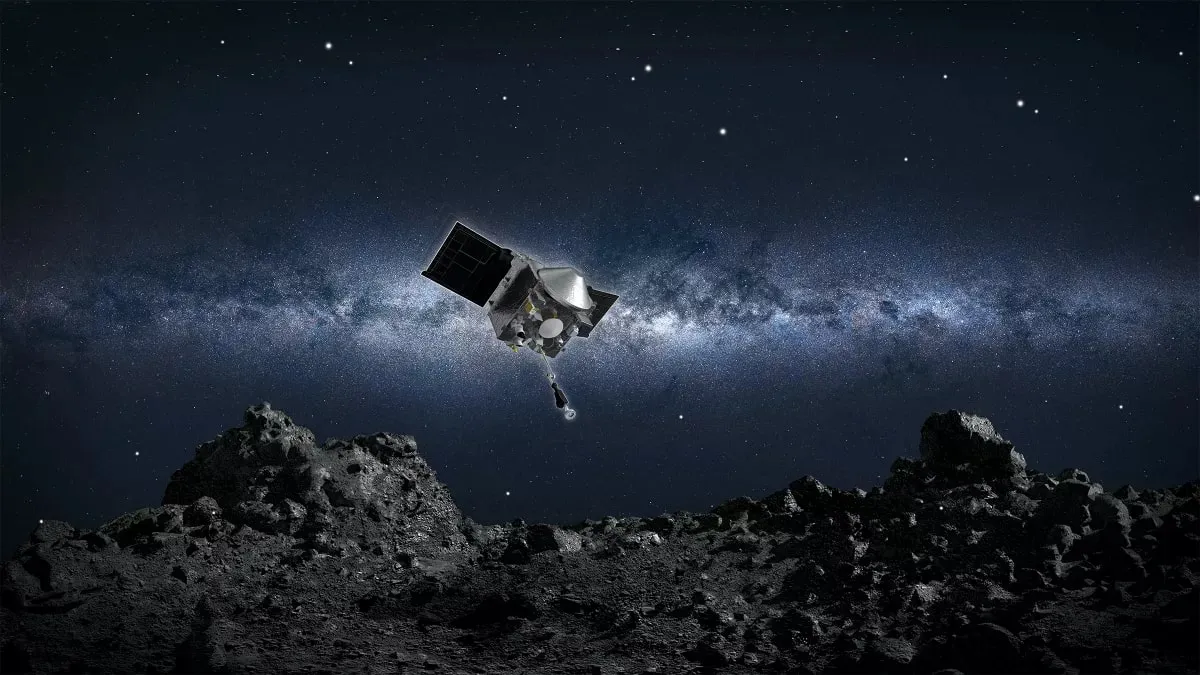Earth news stories

The focus of the prospecting campaign was on an area that during the Pleistocene housed a large lake, now completely dried up, with ancient wadis or dry riverbeds crossing the landscape. Egberts collected over 850 artifacts, ranging from very old hand axes from the Early or Old Paleolithic to Levallois reduction flakes from the Middle Paleolithic, all surface material.
A review of the oldest known dinosaurs has revealed that fossil evidence for their origin probably has not yet been discovered. Most of the earliest dinosaur fossils have been found in South America and Africa.
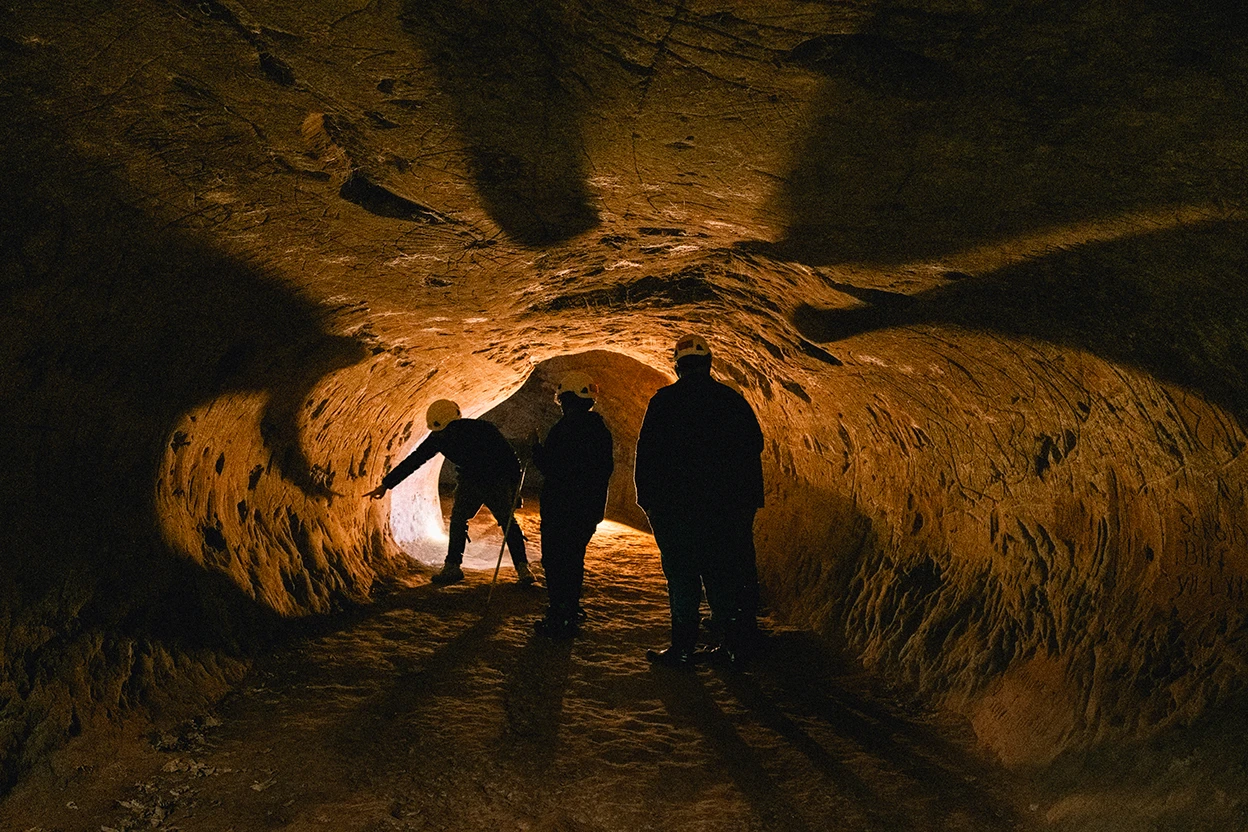
Researchers are investigating who — or what — cut ancient tunnels in sandstone in Brazil and nearby nations.
Footprints measuring 92cm in width found in Mongolia have raised the prospect of an as yet undiscovered skeleton of the largest bipedal dinosaur ever.
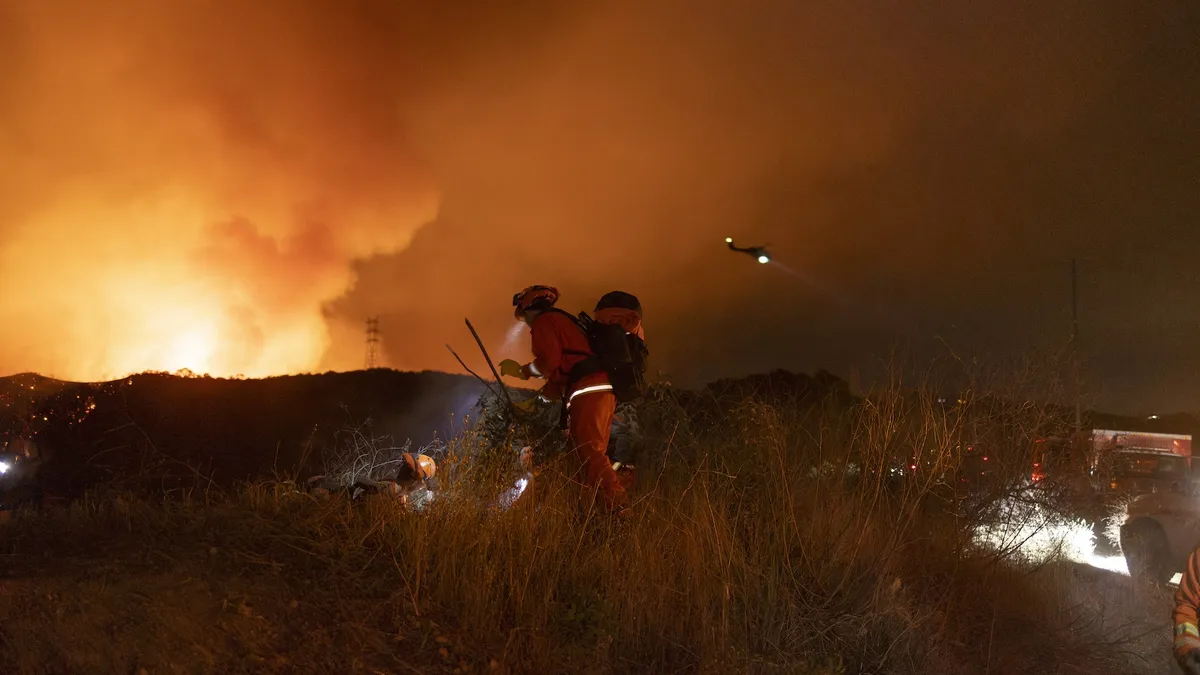
I’m a historian of fire, and my reply is that we have both a narrative and an analog. The narrative is the unbroken saga of humanity and fire, a companionship that extends through all our existence as a species. The analog is that humanity’s fire practices have become so vast, especially in recent centuries, that we are creating the fire equivalent of an ice age.
The bones are at least 1.95 million years old but could be up to 2.2 million years old. They may help build a picture of when early human ancestors left Africa and reached Europe and Asia, and the route they took. This has been an area of debate for decades. The paper was published in Nature Communications.
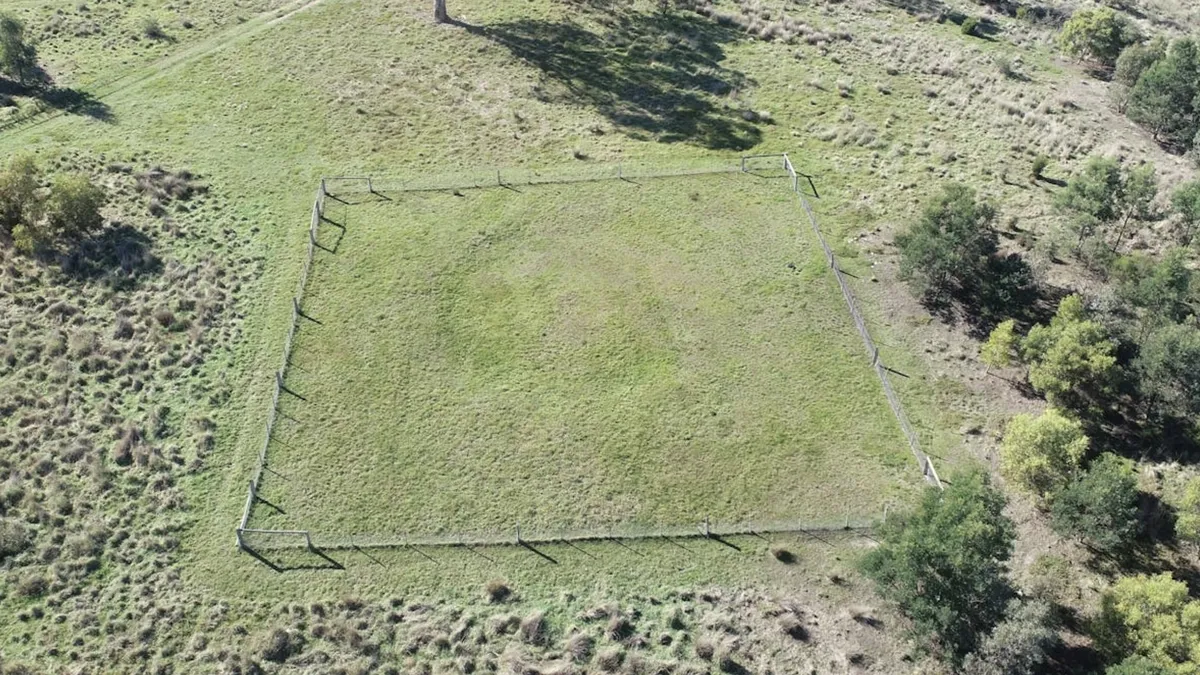
Our new study, published in Australian Archaeology, presents the results of the only known archaeological excavation of one of these rings combined with Wurundjeri Woi-wurrung understanding of these enigmatic places.
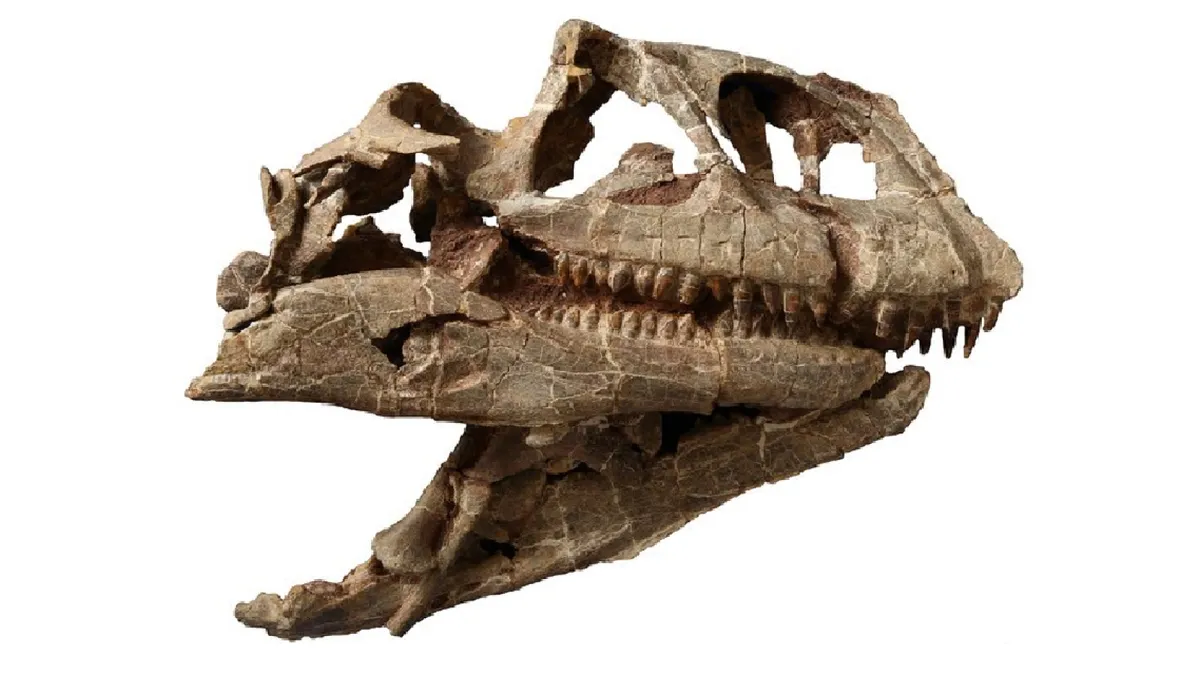
An enormous, extremely well preserved dinosaur skull unearthed in China belongs to a never-before-seen species, researchers say.
The first animals with mineral skeletons changed the way sediments develop on Earth forever, according to new research.

Our new study, published today in Australian Archaeology, presents the results of the only known archaeological excavation of one of these rings combined with Wurundjeri Woi-wurrung understanding of these enigmatic places.
The oldest-known fossil evidence of a predator-prey arms race has been discovered in shells dating back to the early Cambrian. A new study was published in the journal Current Biology
Richard Dawkin’s new book is woven with beautiful metaphors and rich descriptive language. Not so much conversational as poetic, settle in for an elaborate exploration of evolution. It raises some new and curious questions, including whether it’s worth thinking of our ‘own’ genes as a gigantic colony of cooperating viruses.

Petroglyphs, engraved on rocks, have an obvious visual attraction. What is important and exciting about this study is the discovery that these images have an acoustic aspect as well.
A new study, not yet peer reviewed but published on the biological sciences repository bioRxiv, suggests an ancestor of P. cubensis could have come from Africa before spreading far and wide.
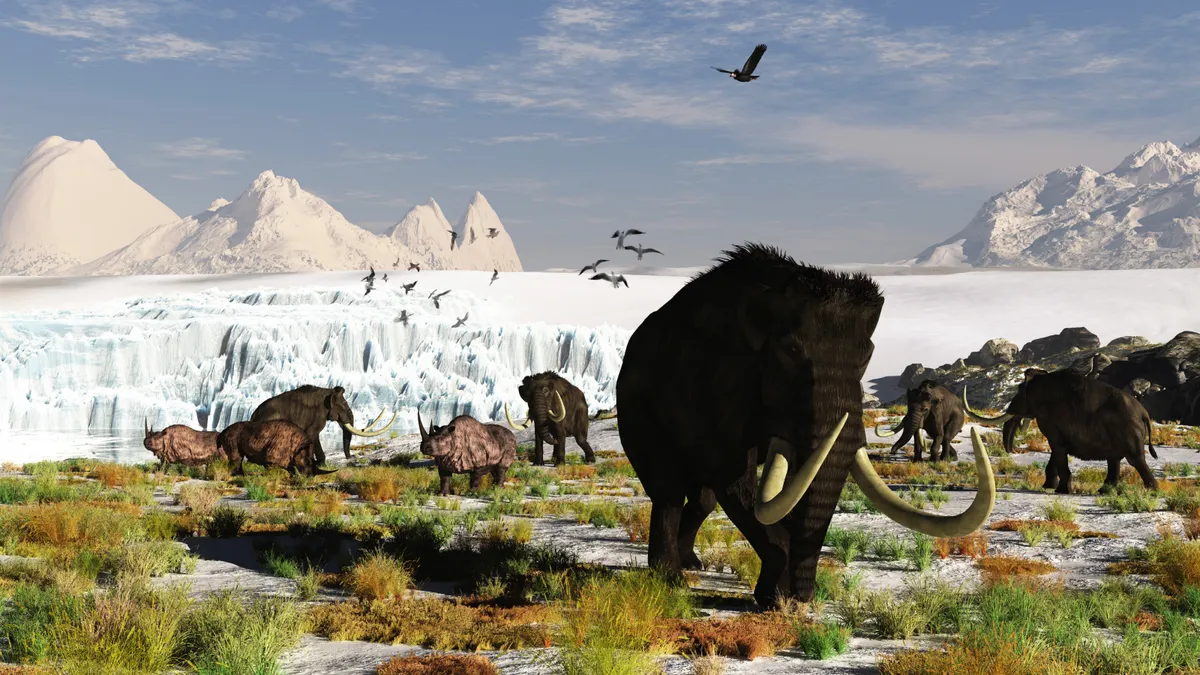
The Bering land bridge that spanned between Siberia and Alaska during the Ice Age was more of a Bering land bog, new research finds.





